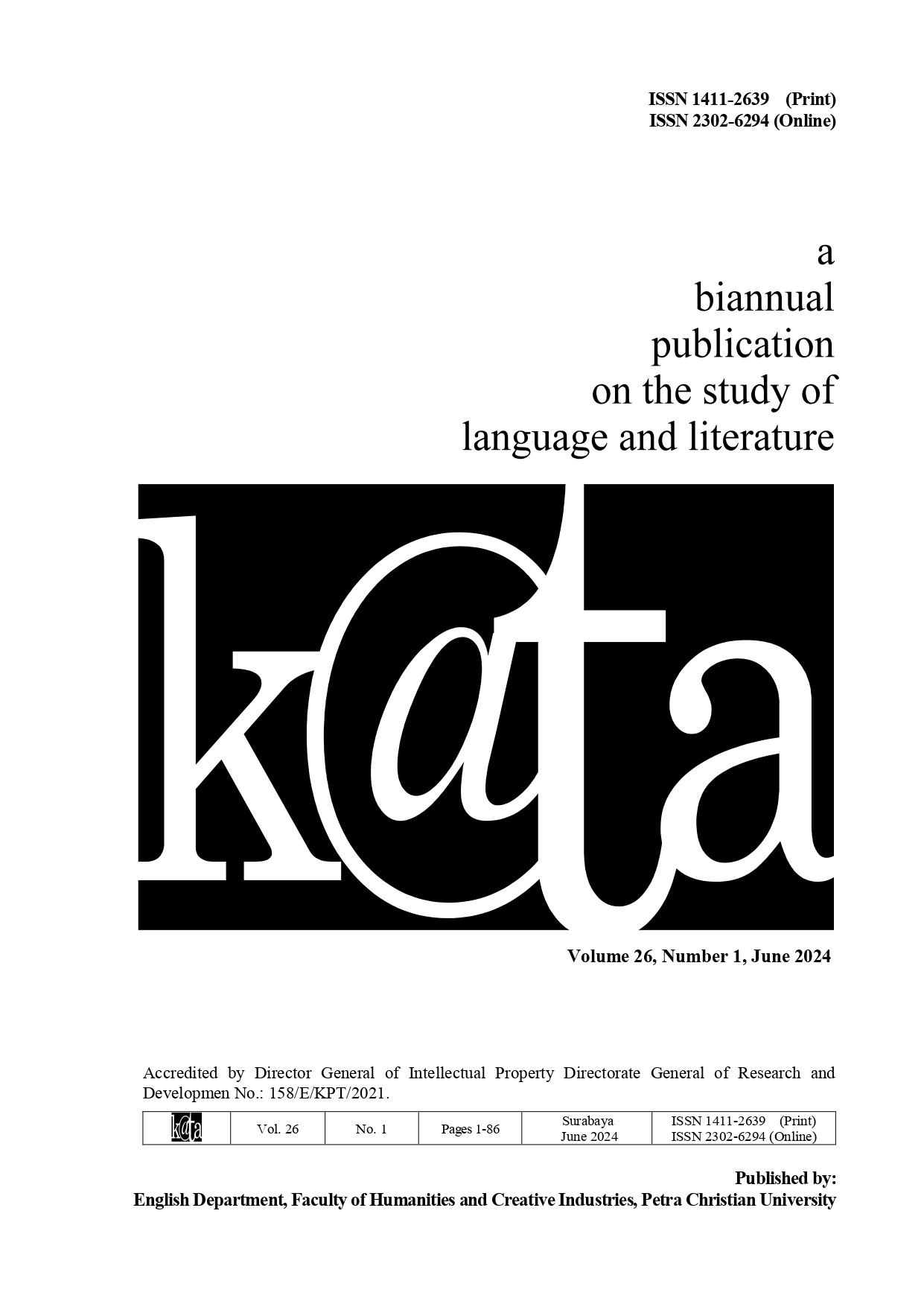Expatriatism in Khaled Hosseini's The Kite Runner and Mohsin Hamid's The Reluctant Fundamentalist
Abstract
The September 11 attacks were world-changing events. Contemporary historians divide the history of the modern world into pre- and post-9/11. The metropolitan reaction was controversial. The Metropolis united against what is dubbed "the axis of evil." It attacked an array of Islamic nations. Mohsin Hamid's The Reluctant Fundamentalist (2007) and Khaled Hosseini’s The Kite Runner (2003) portrayed two Muslim expatriates from Pakistan and Afghanistan who experienced post-9/11 America firsthand. The protagonists presented two distinct understandings of extremism and fundamentalism. This article employed Said's (2003) theories to analyze the concepts of “the diasporic figure†against the backdrop of “the metropolitan society.†It argues that the cultural, political, religious, and social conflicts between the diasporic figure and the metropolitan society are shaped by Orientalist narratives. The novels depict various aspects of the diasporic identity. They try to negotiate between several conflicting narratives. However, Orientalism defines the frameworks of these conflicts because these conflicts and resulting confusions are rooted in the long history of metropolitan Orientalism.
Downloads
References
Enders, W., & Sandler, T. (2012). The political economy of terrorism. Cambridge University Press.
Habermas, J. (2003). Fundamentalism and terror: A dialogue with Jürgen Habermas. University of Chicago Press.
Hamid, M. (2007). The reluctant fundamentalist. Houghton Mifflin.
Herman, P. (2020). Unspeakable: Literature and terrorism from the gunpowder plot to 9/11. Routledge.
Hosseini, K. (2003). The kite runner. Riverhead Books (original work published 2003).
Hosseini, K. (2021, August 19). With The Taliban in Power, Best-selling author worries for the Afghan people. Interviewer [Interview]. In National Public Radio.
Mandelbaum, M. (2022). The four ages of American foreign policy: Weak power, great power, superpower, hyperpower. Oxford University Press.
Moaddel, M. (2020). The clash of values: Islamic fundamentalism versus liberal nationalism. Columbia University Press.
Said, E. W. (2003). Orientalism. Penguin books. ISS.
Said, E. W. (2004). Humanism and Democratic criticism. Columbia University Press.
Stuhr, R. (2009). Reading Khaled Hosseini. Greenwood Press.

This work is licensed under a Creative Commons Attribution 4.0 International License.
![]() This work is licensed under a Creative Commons Attribution License
This work is licensed under a Creative Commons Attribution License




.png)
.png)

.png)












